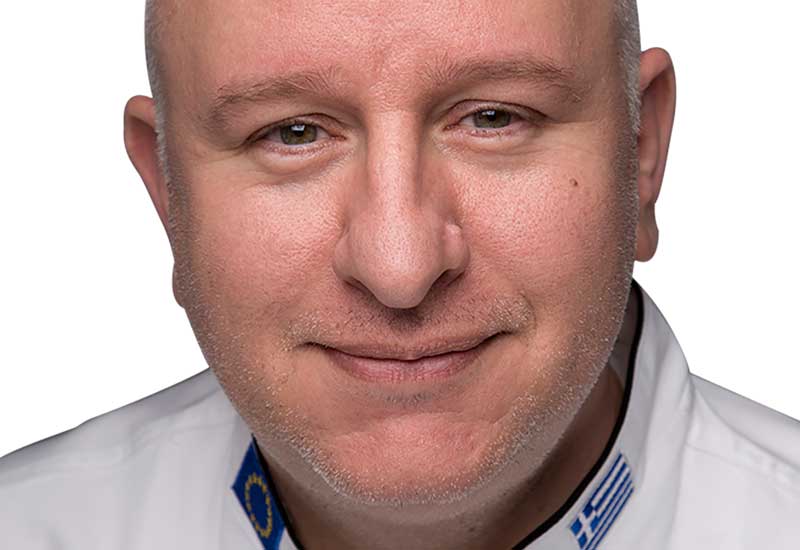What is your career background?
I have been working in the hospitality industry for about 30 years. I started very low in the kitchen rank and worked my way up in various places and in several sectors including hotels, catering, fine-dining restaurants and retail operations. An exceptional time in my career was when I served as the executive chef — food & beverage operations manager to H.M. King Abdullah bin Abdullah Aziz’s palaces in Saudi Arabia. It gave me the opportunity to demonstrate my culinary skills to world leaders and additionally, I had the chance to present fine dining in great volume for banqueting events as well as learn how to operate effectively under pressure while organising a large team of multi-cultural staff.
What are your responsibilities at the hotel?
As an executive chef at InterContinental Al Khobar, I am responsible for all culinary operations. My main objective is to offer an unforgettable gastronomic experience to our guests. Beyond the regular chef’s tasks such as preparing menus, leading the team, planning resources and budgeting, I also coach and mentor a strong team and lead them to achieve delicious results.

| Advertisement |
Could you share a few current F&B trends?
As the food service industry is rapidly changing, predicting trends can be a tough venture. Successful hotels and restaurants are turning creativity into innovation and adapting faster than ever. With significant cultural shifts in the way people use restaurants and hotels, there is a lot of change to deal with. But a trend in F&B right now is ‘fine-casual’ — think upscale counter-service or table service with curated ingredients and unexpected touches like a wine bar and optional tasting menu. Vegetable entrées are also trending — expect more main courses such as rotisserie cauliflower, jackfruit tacos and hominy ceviche in the coming year.
What extent of influence do you have in planning and the layout of the back-of-house operations?
It is essential not only to provide adequate back-of-house areas, but also to plan them appropriately; for example, staff can reach all F&B areas of the hotel without passing through production, the lobby and other public areas. Designing the proper workflow to maximise the productivity of the back-of-house operations and joining it in harmony with the front-of-house is essential. Concept is always the engine and the building restrictions are challenges. Suggesting an effective layout is a part of the executive chef’s role.
How do you motivate service staff and fellow chefs?
I care on a personal level. I listen to their work-related or personal problems and try to troubleshoot as much as I can. I encourage free thinking and praise my team when I see good results. I try to mentor them on their mistakes and push them for personal excellence.
How do you go about building a strong trustworthy relationship with your sous chefs?
There is no secret recipe for that, but respect is the key word for me. I don’t pretend that I know everything. Coaching, training and passing on your knowledge with a hands-on approach is the vessel for achievement. I am giving my trust to them, as chefs, and this is what it takes to motivate them.
What’s your take on the availability of local ingredients, are they up to five-star standards?
My goal is to use local ingredients as much as possible. Having sustainable cooperation with local farms and suppliers gives your kitchen direct access to high-end products and helps the growth of the local economy. Unfortunately, due to the climate in Saudi Arabia, we can’t have have some products from local suppliers so we import what is not available or out of season.









 Search our database of more than 2,700 industry companies
Search our database of more than 2,700 industry companies









